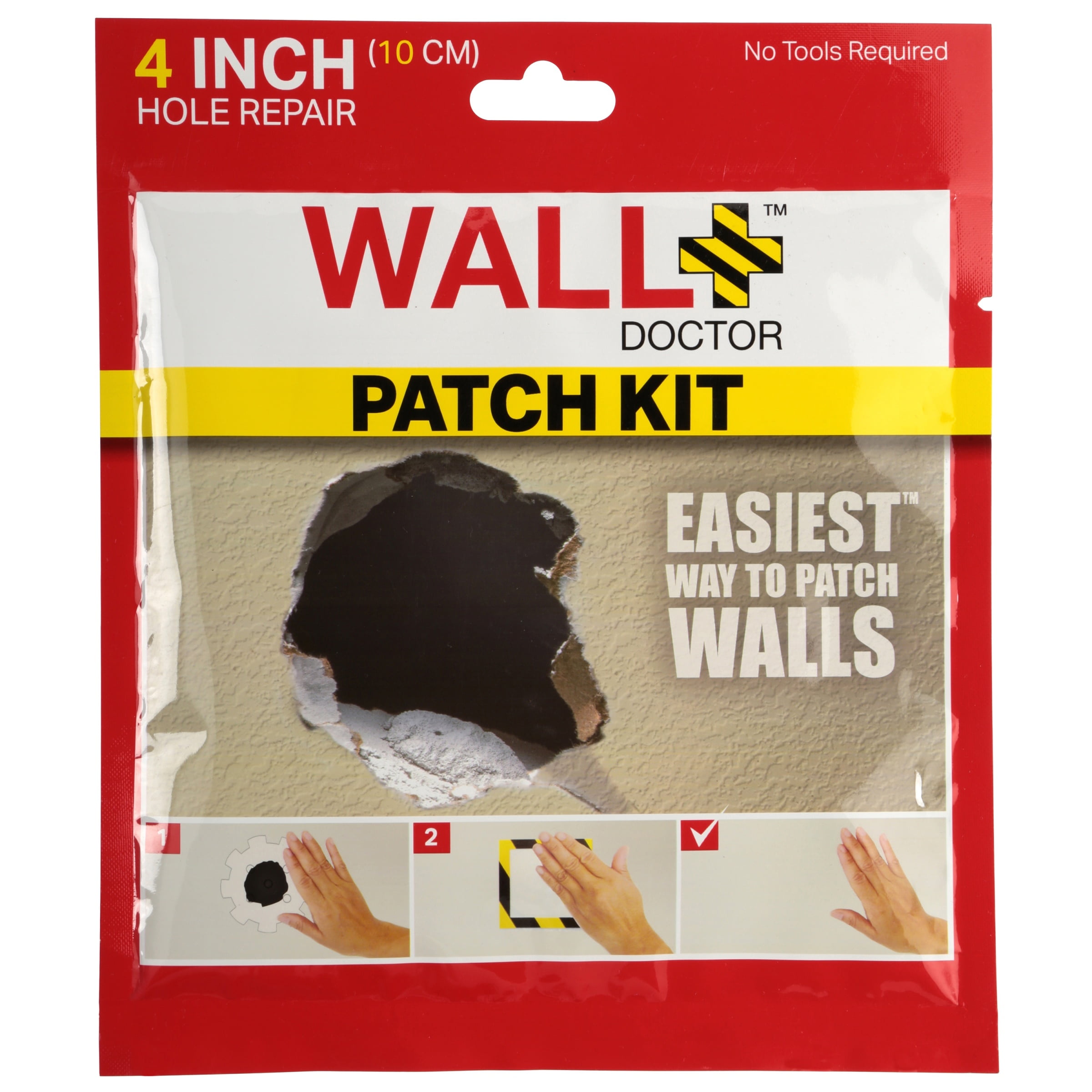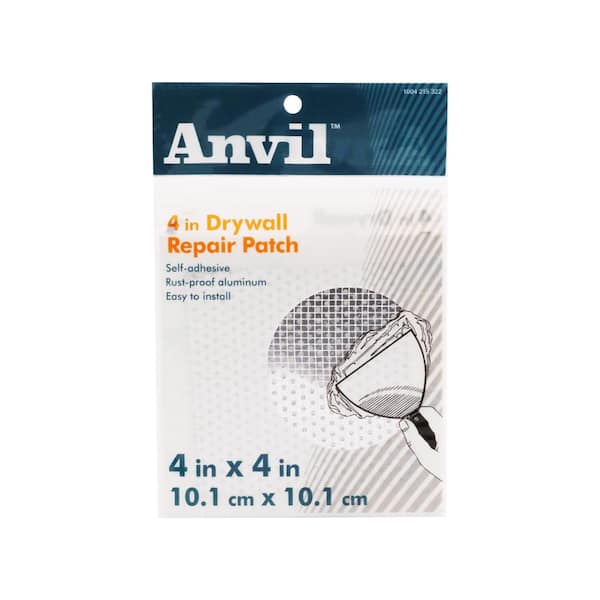Drywall, also referred to by the name of gypsum plaster, or plasterboard, is a typical material used for walls in the interior. Drywall is composed of a base made of gypsum plaster and two layers of fiberglass or paper.
Drywall damage: Drywall can be easily broken by furniture, doorknobs and other impacts that happen accidentally.
Damage from water: Drywalls can be damaged by water.
Moving or laying the foundation: This can result in cracks and crevices in the wall.
Aging: Over time, drywall can become brittle and cracks or holes may form.
Plumbing or electrical work If plumbing or electric is installed, holes will need to be made in the wall before being repaired.
Drywall repair involves filling in cracks or holes using joint compound, then sanding and painting the surrounding area. In certain situations, it may be necessary to replace entire sections of drywall. It is important to address any issues with your drywall immediately to avoid further damage , and to preserve the appearance of your house. Have a look at the top rated he has a good point for drywall calgary contractors for more examples including drywall near me contractor, drywall companies, drywall specialist near me, drywall and plastering contractors near me, drywall companies, drywall installation near me, drywall contractors in my area, drywall repair company near me, residential drywall contractors, residential drywall contractors and more.

What Can Happen To Drywall ? And How Can The Problems Be Repaired?
The process of repairing the drywall involves a number of steps. It typically involves framing. Here's a quick overview of each step. Framing It is possible that the framing needs to be repaired if drywall is damaged from structural problems.
Insulation: It is possible to install insulation in the wall cavity after framing has been put in. This is crucial for exterior walls as well as walls that divide living spaces.
Soundproofing: Add an additional layer of soundproofing between drywall or framing to enhance soundproofing. This could reduce noise transmission between rooms.
Patching: Once the framing, insulation and soundproofing are complete all damaged drywall needs to be removed and patched using new drywall. You may need to remove the damaged section, and after that, replace it with a new section.
Taping: Once you have completed the installation of your new drywall, tap the joints to create seamless surfaces. Joint compound can be used to feather the edges of joints by applying joint tape.
Joint compound must be put on after the tape has been installed to fill in any voids and smooth the surface. It may be necessary to apply several coats of joint compound with sanding between each to get an even surface.
Painting: After the joint compound is dry and the surface is smooth, it's time to apply paint a matching color to the surrounding walls or rooms. In order to achieve the desired appearance it may be necessary to apply multiple coats of paint.
The process of repairing drywall can be challenging and laborious. However, with careful attention to detail and the correct technique, you can make it appear professional.

Tips And Advice To Help You Choose The Best Drywall Contractor
Selecting the right contractor for your drywall is essential to ensure your project is completed on time and within budget, and to the highest standards. Here are some suggestions for choosing a drywaller: Ask relatives and friends for recommendations. The best method for contractors to be discovered is via word-of-mouth referrals.
It is also possible to research online for reviews on local drywall contractors via Google, Yelp or other review websites. This will help you gauge their standing as well as the quality and standard of the work.
Make sure you verify your the authenticity of your credentials: Ensure that you have insurance, a license, and properly secured. This protects you in case there are accidents or damages during the project.
Request estimates: Request at least three contractors to provide written estimates. This will give you an understanding of the variety of prices and will also allow you to recognize the red flags.
Ask questions: Do not be shy to ask questions about the contractor's knowledge, their process, and the materials they use. A reliable contractor will be able to answer any question you might have and will explain their process.
Be attentive to your communication skills. Find a contractor with excellent communication skills and flexibility. This will ensure the project goes smoothly and you are pleased with the outcomes.
References: Request references from the contractor and follow-up with them. This can give an excellent indicator of the contractor's ethics and professionalism.
Here are some suggestions to help you choose an experienced, reliable and well-fitting drywall contractor for the task.